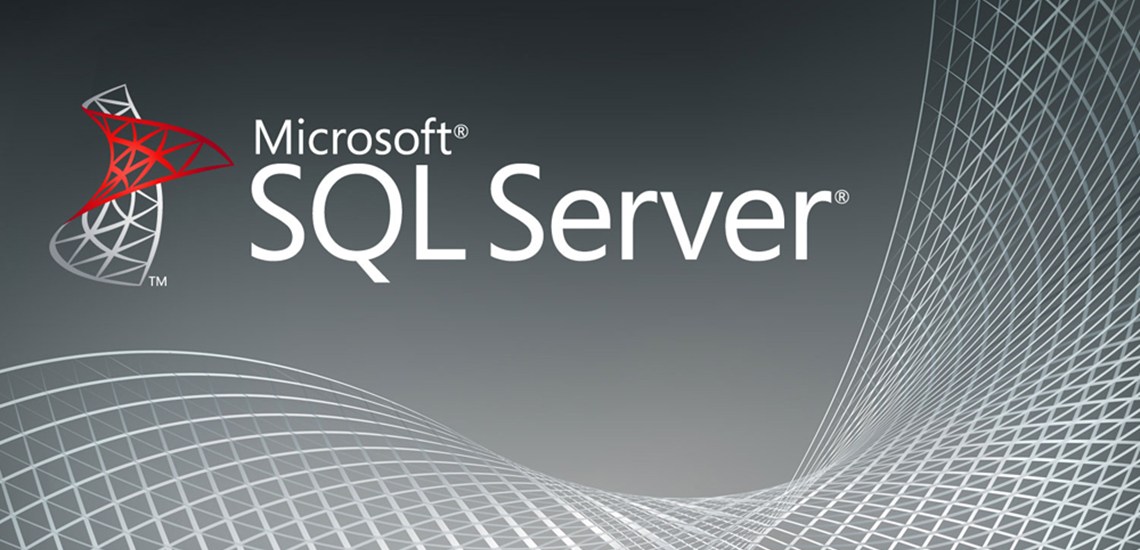Ed is the President of Pacific Software & Data.
End of Support for SQL Server 2005

SQL Server 2005 is fast approaching its end-of-support date. As of April 12th, it will no longer be officially supported by Microsoft. What does this mean? Will instances of SQL Server 2005 suddenly just stop running? Of course not.
What it does mean is that support, including hot-fixes, security fixes and enhancements will no longer be provided by Microsoft. If something goes wrong and we can't fix it for you, we are out of luck.
The Case for Upgrading
SQL Server 2005 has been a great product. We still have at least a couple of clients running it, and it works fine for what they use it for. But 2005 was ELEVEN years ago, and SQL Server 2005 is THREE versions out of date. And soon it will be FOUR.
While the database engine in 2005 was and is really good, things have gotten much better since then. SQL Server 2014 has been shown to give up to 13 times higher performance in database transactions. Availability, security, scalability, all have been greatly improved. And certainly not least of all, the database engine has some great new features (spatial data, filestream, etc.)
Besides the database engine, SQL Server comes with several other powerful tools. In 2005, SQL Server Reporting Services (SSRS), Analysis Services (SSAS) and Integration Services (SSIS) were newer, not as mature products. Since then, these products have gained a tremendous amount of new functionality, and are now mature. If you are using SSRS 2005 for reporting, this alone is a reason to upgrade because the changes have been quite large.
What About the Cost?
For our clients, cost has really been the only major objection to upgrading. If you have SQL Server on-premises, upgrading can be quite expensive, depending on your licensing with Microsoft. But do you have the optimal licensing model in place? Are you using the appropriate edition of SQL Server, or could you maybe use a less expensive edition? Do you really need to have your database on-premises?
You can try to figure out the answers to these questions yourself or go to Microsoft directly. But this can be overwhelming and time consuming. Instead, contact Pacific Software and Data. We have the experience and knowledge to guide you in the best path to upgrading.
What About 'The Cloud'?
Things have changed a lot recently in IT architecture. You probably know that everyone is talking about 'The Cloud' and migrating software and services to the cloud. This includes database services. Previously, using SQL Server meant a large investment to purchase it and run it on in house servers.
Now, we have many more options. Instead of a large up-front purchase, you can use a database in the cloud for a much smaller monthly fee. The most well known path to this is Microsoft Azure, which is their database in the cloud. It isn't the only option though, we can also host high-performance direct instances of SQL Server in cloud servers for you, with a pay-as-you-go monthly model, and 24/7 support.
Moving to the cloud isn't always simple. You need to consider which software applications use SQL Server and how they connect to it, and devise a secure, performant solution. We can help you plan your database architecture and migrations, contact us today!
Pacific Software & Data
PO Box 130362
Carlsbad CA, 92013
Email. info@pacsdinc.com